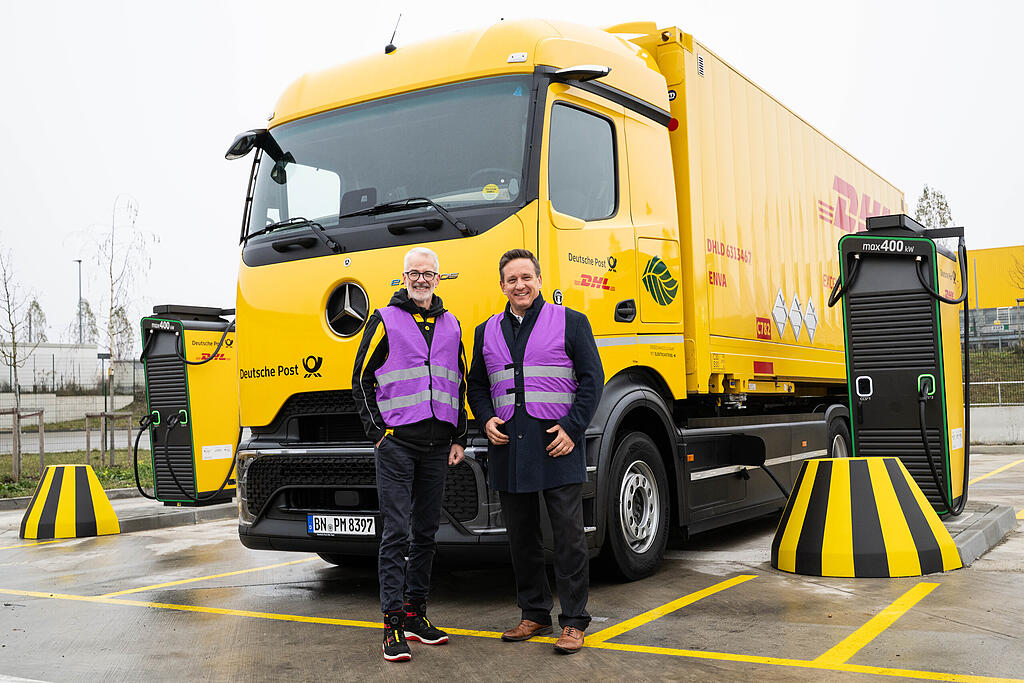
Introduction
DHL, a division of the German logistics company Deutsche Post DHL Group, has carved a niche for itself as a global pioneer in logistics and parcel delivery services. With over 400,000 employees and operations in more than 220 countries, DHL’s significance cannot be overstated. As e-commerce continues to thrive and demand for faster delivery services increases, DHL remains a key player in meeting these evolving challenges.
The Growth of DHL
Founded in 1969, DHL originally began as a courier service between San Francisco and Honolulu. Since then, it has expanded its services and geographic reach to become a leading name in express deliveries. The company’s commitment to innovation and efficiency is evident in its investment in technology, including automated sorting systems and real-time tracking capabilities that have revolutionised the logistics industry.
In recent years, DHL has prioritized sustainability as part of its operations. In 2020, the company announced its ambitious goal to achieve zero emissions by 2050, emphasising its commitment to green logistics. DHL has also introduced electric vehicles and alternative delivery methods, such as drone deliveries in specific markets, showcasing its forward-thinking approach.
Global Impact and Recent Developments
In the wake of the COVID-19 pandemic, DHL played a crucial role in ensuring the supply chain remained intact. With an exponential rise in online shopping, DHL adapted quickly to meet the surge in demand. The company not only continued regular operations but also took part in delivering medical supplies and vaccines globally, cementing its important role in public health logistics.
Recently, DHL has sought to further enhance its capabilities through strategic partnerships and acquisitions, aiming to support the growing e-commerce sector. For instance, the introduction of new shipping solutions for small to medium-sized enterprises (SMEs) has made it easier for these businesses to access international markets.
Conclusion
As DHL continues to adapt to the needs of a rapidly changing global marketplace, the company’s efforts in sustainability, technological advancement, and operational efficiency will be crucial in maintaining its competitive edge. For customers and businesses alike, DHL represents reliability and innovation in logistics and parcel delivery services. Looking to the future, DHL’s ongoing investments in technology and eco-friendly practices will not only shape its success but also influence the logistics industry as a whole.
You may also like

The Role of Metro Systems in Modern Cities

Costa Coffee’s Commitment to Sustainability in 2023
